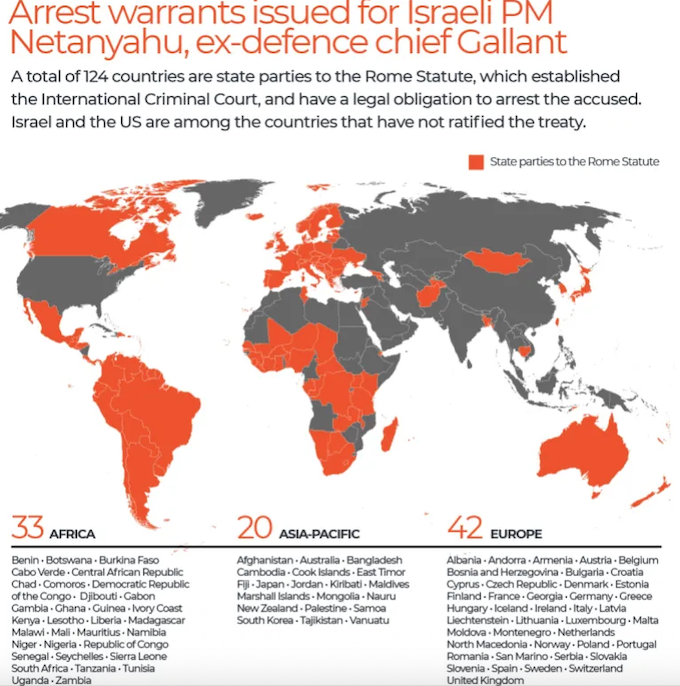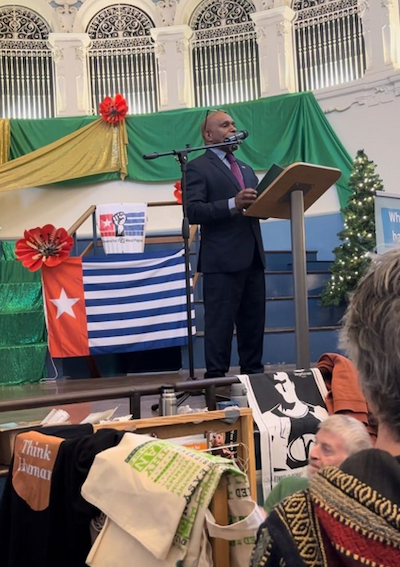By Te Aniwaniwa Paterson of Te Ao Māori News
Activist/educator Tina Ngata (Ngati Porou) has warned proposed changes to Aotearoa New Zealand’s Treaty of Waitangi principles would undermine indigenous Māori sovereignty, rights, and protections, and risk corporate exploitation and environmental harm.
Ngata is a member of Koekoeā, a tāngata whenua and tāngata tiriti rōpu which brings accessible information and workshops for select committee submissions for the Treaty Principles Bill.
“[ACT leader and Minister for Regulation] David Seymour is saying, ‘it’s just the principles, not the text, so is it really a big deal?’” Ngata said.
- READ MORE: Read an explainer on the Waitangi Tribunal from an interview with Dr Carwyn Jones, the kaihautū of Te Whare Whakatupu Mātauranga at Te Wānanga o Raukawa
- Other Te Tiriti reports
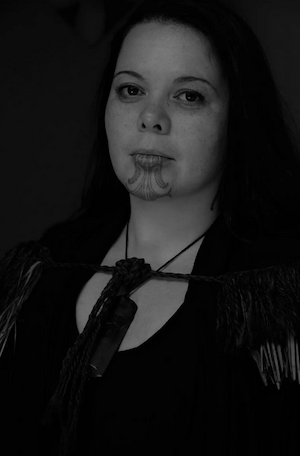
“The Crown commitments are framed within the principles so, when you affect the principles, it has the same legal effect as redefining the Treaty itself.”
Ngata said the principles were the strongest tool to ensure the Crown as a Treaty partner was including and consulting with Māori.
People can submit on the Bill here until 7 2025 and here is a video by Koekoeā showing how easy it is to make a submission.
What are the Treaty principles Seymour hopes to redefine?
“The principles are enshrined in the Treaty of Waitangi Act, which came about in 1975 as a result of that generation undertaking hīkoi and protests calling for our land rights and for the Crown to honour Te Tiriti,” Ngata said.
The Treaty of Waitangi Act 1975 introduced the concept of treaty principles, which were commitments for the Crown to uphold Te Tiriti o Waitangi. The act established the Waitangi Tribunal.
The principles were often referred to as the “three P’s” — partnership, participation and protection — but there were others such as tino rangatiratanga, ōritetanga as duty to act reasonably.
Over time the principles became more and more defined, particularly in 1987 in a court case where the Māori Council took the Crown to court for trying to sell Aotearoa’s natural assets and privatise them, which was where the principle of consultation came about.
There are no two versions of the Treaty
Ngata said the principles were put into the act to resolve the conflict between what were believed to be two versions that were equally valid but conflicted — often known as the English version, which only 39 Māori signed, and the Māori version, which between 530 and 540 signed.
She said the idea of two versions had a flawed premise.
The Treaty of Waitangi drafted by Captain William Hobson was supposedly translated into Te Tiriti o Waitangi but Ngata said it didn’t qualify as a translation as the two were radically different.
“Even our Māori activists in 1975 were calling the English text the ‘Treaty of fraud’. They were very clear that there was only one valid treaty,” Ngata said.
By valid she means valid by definition where a treaty is an agreement signed between two sovereign nations, and she said the only definition that applied to was Te Tiriti o Waitangi.
Incremental journey towards treaty justice
Ngata said the principles themselves did not represent Treaty justice but were reflective of the time.
In 1989 Ngāti Whātua leader and respected scholar Sir Hugh Kawharu translated the te reo Māori document into English. She said even that translation was caught up in the time because it said Te Tiriti gave permission for the Crown to form a government. But more recent research had found Te Tiriti allowed for a limited level of governance and not a government.
Ngata described the principles as the strongest tool to ensure the Crown as Treaty partner was upholding its commitments but, even with those principles, there were consistent breaches.
“Even though [the principles] are not truly justice, Māori have taken them and used them to protect ourselves, protect our families, protect our mokopuna rights,” Ngata said.
“Often many times to protect Aotearoa’s natural resources from corporate exploitation.”
She said that point was important to remember, that the principles had been a road block. Arguably, the drive to replace those principles was to make it easier for corporate exploitation.
Overall, the Treaty Principles Bill was taking New Zealand back before 1975 and in reverse from that journey towards treaty justice, Ngata said
The principles in the new bill
The Treaty Principles Bill dumps the old principles and introduces three new ones. The proposed principles are below, and Ngata explained the problems in each principle.
- Civil government — the government of New Zealand has full power to govern, and Parliament has full power to make laws. They do so in the best interests of everyone, and in accordance with the rule of law and the maintenance of a free and democratic society.
- Rights of hapū and iwi Māori — the Crown recognises the rights that hapū and iwi had when they signed the Treaty/te Tiriti. The Crown will respect and protect those rights. Those rights differ from the rights everyone has a reasonable expectation to enjoy only when they are specified in Treaty settlements.
- Right to equality — everyone is equal before the law and is entitled to the equal protection and equal benefit of the law without discrimination. Everyone is entitled to the equal enjoyment of the same fundamental human rights without discrimination.
Māori never ceded sovereignty
In 2014, the Waitangi Tribunal found Māori never ceded sovereignty.
Thus the first principle, “the government has full power to govern and Parliament has full power to make laws” negated Māori sovereignty, Ngata said.
In article one, Te Tiriti o Waitangi gave a limited level of governance for the Queen to make laws through a governor but it was not a cessation of sovereignty.
She argued that article three said Māori had the same rights and privileges as those who were British subjects of the Queen.
“If article 1 was a cessation of sovereignty to the Queen over Māori, then why would we need to explicitly say that we then get the same rights and privileges as those who are subjects of the Queen? That would have been inherent within that article.”
Indigenous peoples’ rights to self-determination
She said this principle was also not in alignment with how the international community understood human rights.
“The second principle the bill is suggesting is that the Crown will recognise the rights of hapū and iwi but only in so far as they are the same rights as everybody else, unless they are rights that have been enshrined within a settlement act,” Ngata said.
But Ngata said Māori rights did not stem from the Treaty of Waitangi Act, and Māori rights did not stem from Te Tiriti. Instead they were inherent.
The United Nations Declaration on the Rights of Indigenous Peoples recognised the right of Indigenous peoples to self-determination.
UNDRIP included rights for Indigenous people to freely determine their political status, maintain distinct political, legal, economic, social and cultural institutions, and participate in decision-making processes that affected them.
“It’s preposterous to say that our rights can only come into effect if they’ve been subject to a Treaty settlement.”
‘Colonial governments will only deliver unequal treatment’
The third article states everyone is equal under law and ACT leader and bill designer David Seymour has proudly advocated “one law for all” but Ngata said this wsn’t equality – it was assimilation.
Earlier in the year, Ngata told Te Ao Māori News the government was implementing assimilation policies, which Raphael Lemkin, who coined the term “genocide”, included as part of the broader spectrum of genocide.
One of the examples of assimilation policy was the disestablishment of Te Aka Whai Ora, the Māori Health Authority, which was created to ensure better health outcomes for Māori and provide te ao Māori approaches, meaning cultural differences rather than simply based on race.
She said the Crown had a long-standing history of treating Māori unequally: “Colonial governments will only deliver unequal treatment.”
“If you were treating the Treaty with Maori equally, you would not be undertaking this process in the first place.”
The impacts the bill would have
Ngata said Māori would be impacted in a “whole ecosystem impact of te ao Māori — across housing, whenua, natural resources, waterways, transport and health”.
She said the bill would impact other marginalised groups and the environment and, therefore, everybody.
She said the bill was being pushed to remove the roadblock to protect the natural environment from corporate exploitation.
It was clear the bill was being driven by multinational corporate interests in accessing natural resources and thus once enacted, there would be environmental degradation.
Ngata said the language and rhetoric David Seymour was using on the topic was reminiscent of and in some cases a direct import of the same rhetoric used to negate treaty rights in Canada and the US.
She cited New Zealand having one of the world’s largest exclusive economic zones (EEZ) (the maritime area a nation has exclusive rights to explore, use and manage natural resources). That zone would be of interest to corporates and, in the past, the Treaty principles had blocked corporations from extracting natural resources.
Ngata said there were international dimensions, and there were parallels with other colonial governments, such as France in Kanaky and Indonesia in West Papua, who “ran roughshod” over Indigenous rights to extract natural resources for profit.
Republished with permission from Te Ao Māori News.
This post was originally published on Asia Pacific Report.
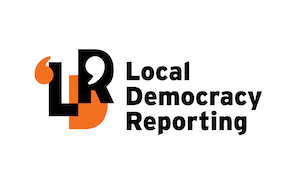


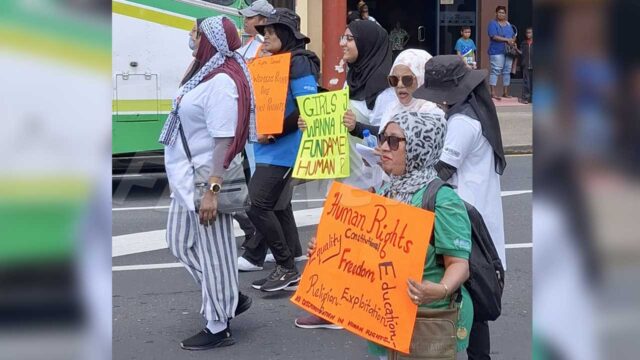
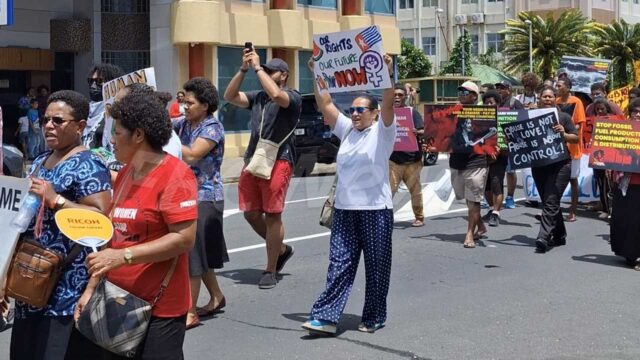
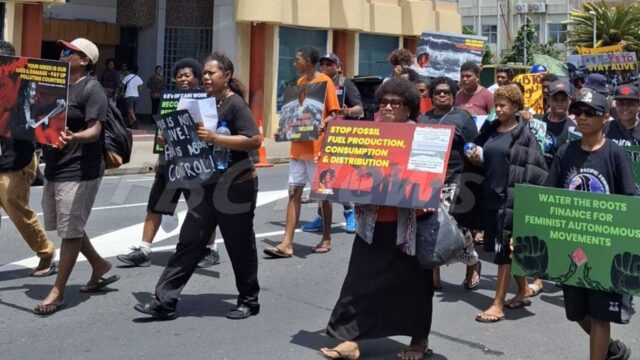




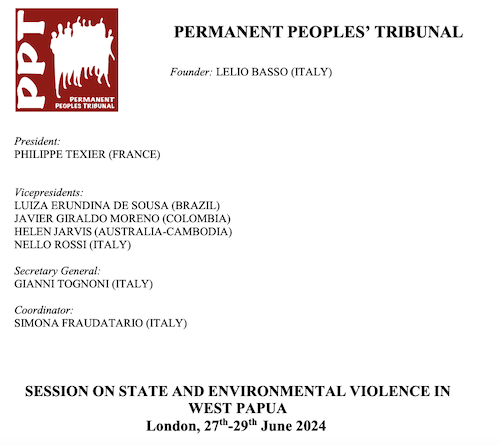
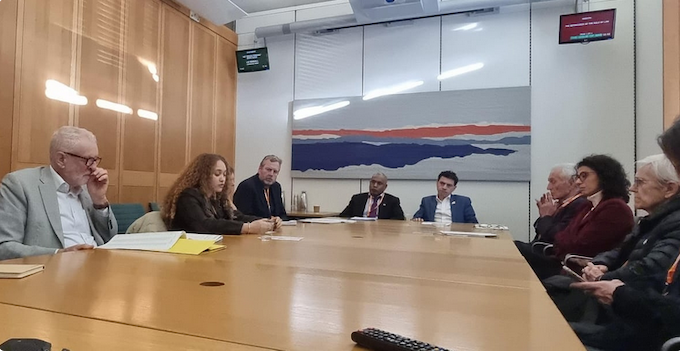


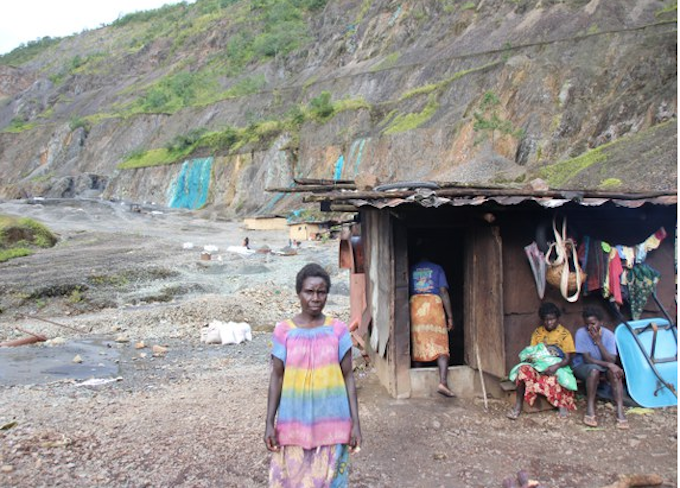


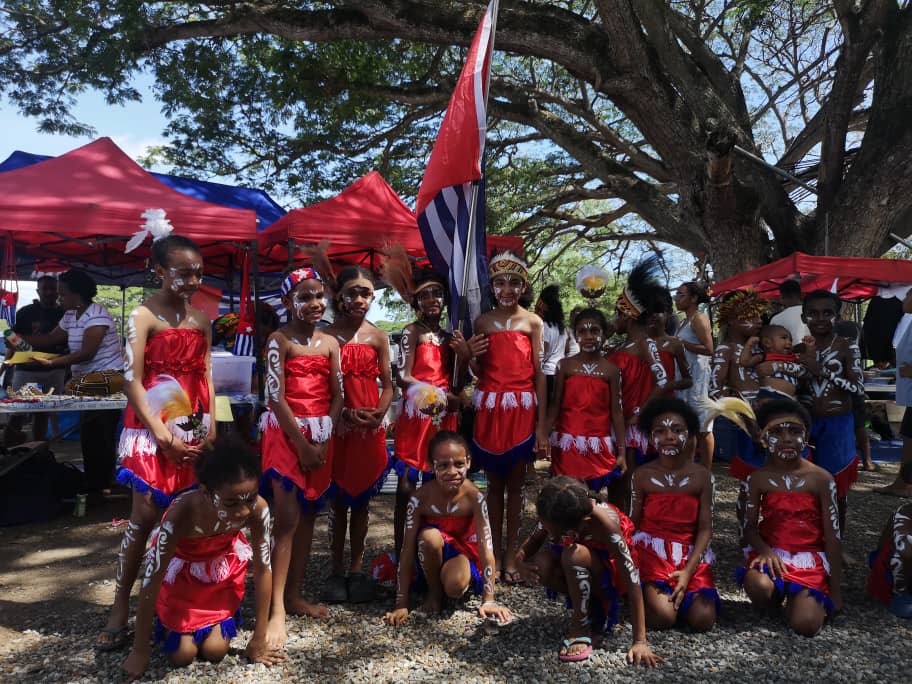
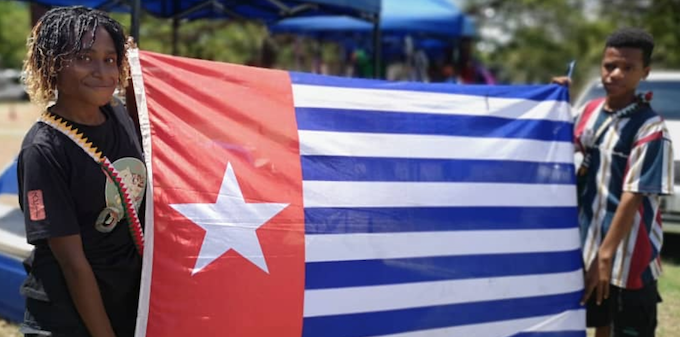







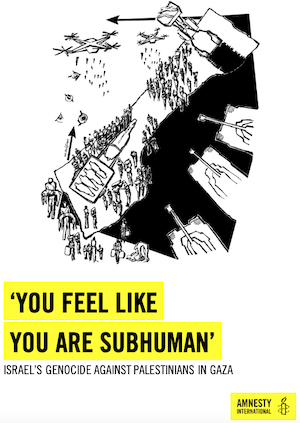
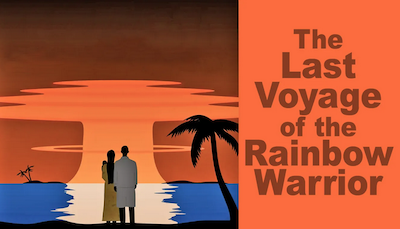
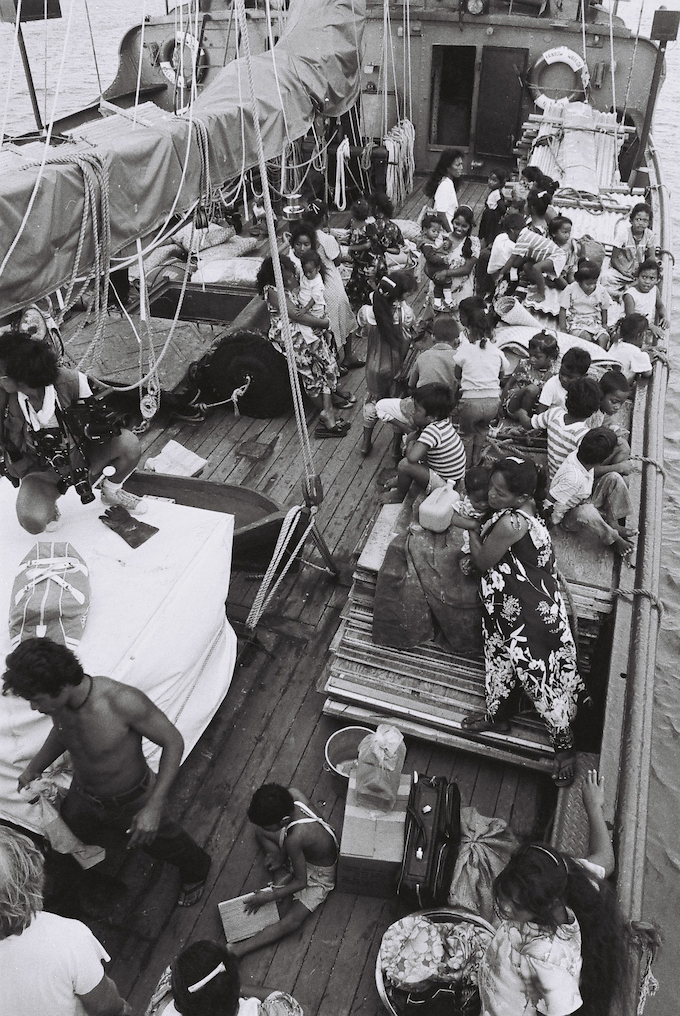
 called for climate justice, self-determination & accountability
called for climate justice, self-determination & accountability talks of climate leadership but argues against binding human rights
talks of climate leadership but argues against binding human rights exposed polluters hiding behind the
exposed polluters hiding behind the 